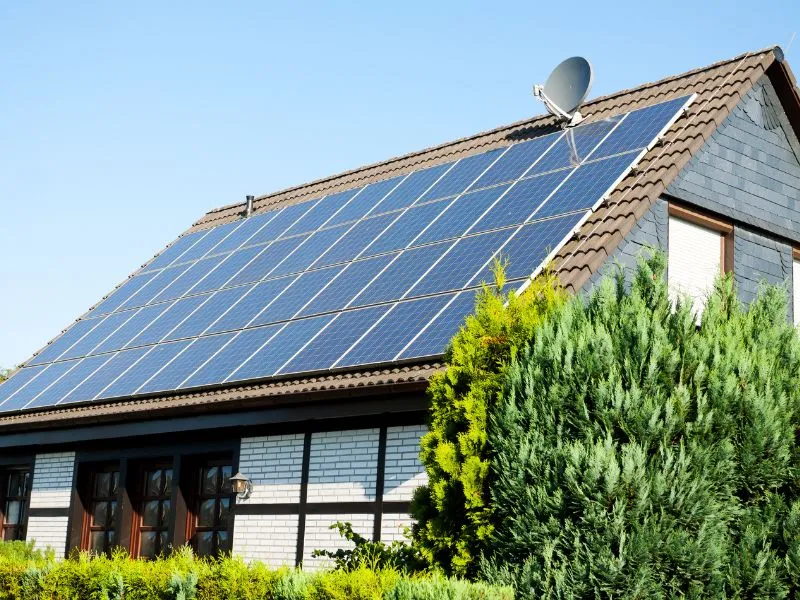Table of Contents
ToggleIntroduction:
As residential solar energy continues to gain popularity, it’s important to address and debunk common misconceptions surrounding this renewable energy source. In this blog post, we’ll debunk some of the most prevalent myths and misunderstandings about residential solar, providing homeowners with accurate information to make informed decisions about going solar.
Myth: Solar Energy is Expensive and Unaffordable
Contrary to popular belief, residential solar is now more affordable than ever before. The cost of solar installations has significantly decreased, thanks to technological advancements and increased market competition. With available financial incentives like the federal solar Investment Tax Credit (ITC) and state-level incentives, the upfront cost can be significantly reduced, making solar energy a cost-effective option for homeowners.
Myth: Solar Panels Don’t Work in Cloudy or Cold Climates
One common misconception is that solar panels are ineffective in cloudy or cold climates. In reality, solar panels can still generate electricity on cloudy days, albeit at a slightly reduced rate. Additionally, solar panels can actually be more efficient in colder temperatures, as their performance is based on sunlight, not heat. Therefore, homeowners in various climates can benefit from solar energy regardless of local weather conditions.
Myth: Solar Panels Require High Maintenance
Another misconception is that solar panels require extensive maintenance. In truth, solar panels are quite low-maintenance. They are designed to withstand various weather conditions and only require occasional cleaning to ensure optimal performance. Most reputable solar companies offer warranties and monitoring systems to address any maintenance concerns, providing homeowners with peace of mind.
Myth: Solar Energy Systems are Inefficient
Advancements in solar technology have significantly improved the efficiency of solar panels. Modern solar panels can convert a higher percentage of sunlight into electricity, maximizing energy production. Moreover, pairing solar panels with energy storage systems, such as batteries, can further optimize energy utilization, allowing homeowners to tap into stored energy during peak demand or at night, enhancing overall system efficiency.
Myth: Solar Installations are Complex and Disruptive
Some homeowners worry that solar installations will be disruptive to their daily lives or cause damage to their roofs. However, the reality is that solar installations are typically straightforward and carried out by experienced professionals. Installers take precautions to minimize disruptions during the process, ensuring a smooth transition to solar energy. Additionally, solar panels are securely mounted to protect the roof and maintain its integrity, alleviating concerns about damage.
Conclusion:
By debunking common misconceptions about residential solar energy, homeowners can gain a more accurate understanding of the benefits and feasibility of going solar. The affordability of solar installations, the adaptability of panels to various climates, the low maintenance requirements, the increasing efficiency of solar technology, and the streamlined installation process all contribute to the appeal of residential solar energy. Armed with accurate information, homeowners can confidently embrace the advantages of clean, renewable energy for their homes.
Disclaimer: The information provided in this blog post is for general informational purposes only and should not be considered professional advice. Consult with a qualified solar installer or energy expert to assess your specific situation and determine the feasibility and benefits of residential solar energy for your home. The author and publisher are not responsible for any actions taken based on the information provided.


